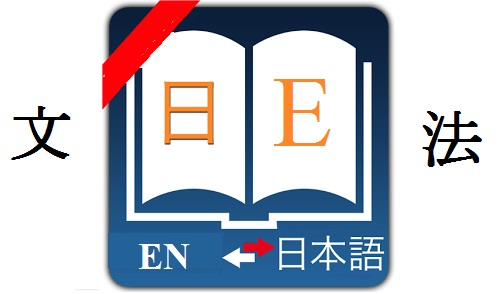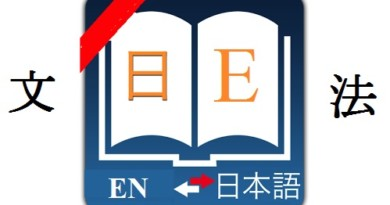Japanese もない grammar monai

Let’s learn Japanese もない grammar monai:
Japanese もない grammar monai
Formation :
The smallest number of something + も…ない
Meaning and how to use :
Describe the meaning “no one/nothing/no~….”
Example:
1. 一人もわたしに信じない。
Hitori mo watashi ni shinji nai.
No one believes in me.
2. 彼は怒っているので昨日から私と一言も言わない。
Kare ha okotteiru node kinou kara watashi to hitokoto mo iwanai.
Since he is angry, he hasn’t t said a word to me since yesterday.
3. あの人は動物が大好きだと言ったのに一匹も飼わない。
Ano hito ha doubutsu ga daisuki da to itta noni ippiki mo kawanai.
He said that he loved animals, but he doesn’t have any.
4. 今いろいろな買いたいものがあったが、お金が一円もないのでやめるしかたがない。
Ima iroiro na kaitai mono ga attaga, okane ga ichien mo nai node yamerushikata ga nai.
There are many things I want to buy now but I can’t because I don’t have any money.
5. あの日以後、彼女に一日も会えない。
Anohi igo, kanojo ni ichinichi mo aenai.
I have never met her for a day since that day.
Note: Only goes with words describing the minimum unit is “one”.
Above is Japanese も…ない grammar mo…nai. If you don’t understand the signs we used in formation, you can find their meaning here : signs used in Japanese grammar structures.
You can search the structure you want by using the search tool on our website (using key : grammar + ‘structure name’ or you can find more Japanese grammar structures in the following category : Japanese grammar dictionary
